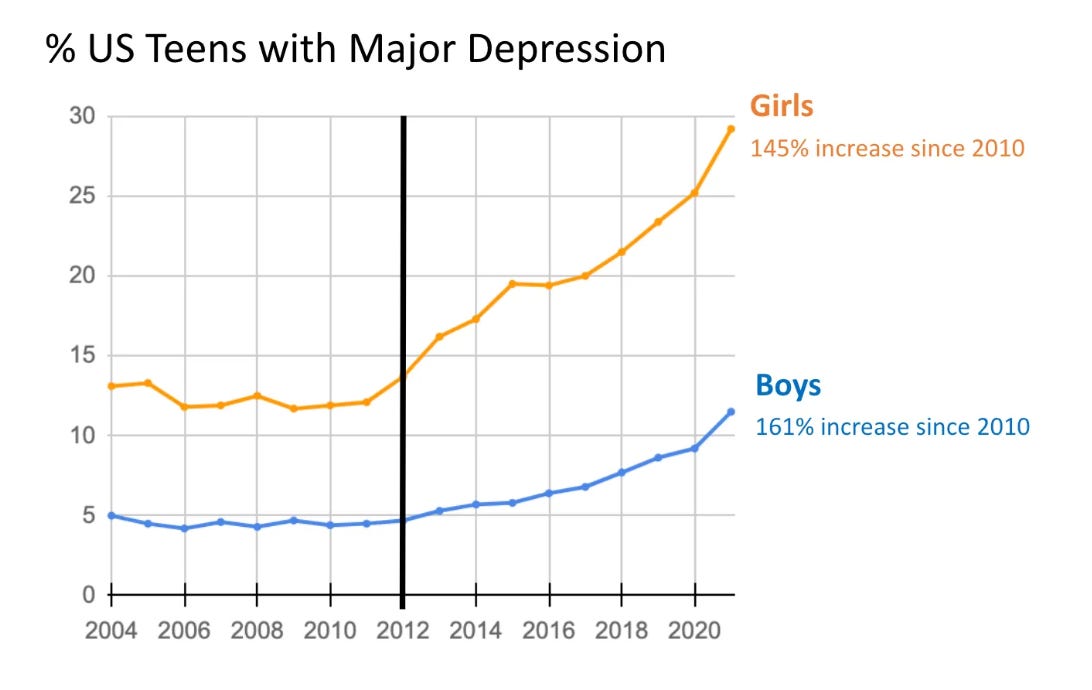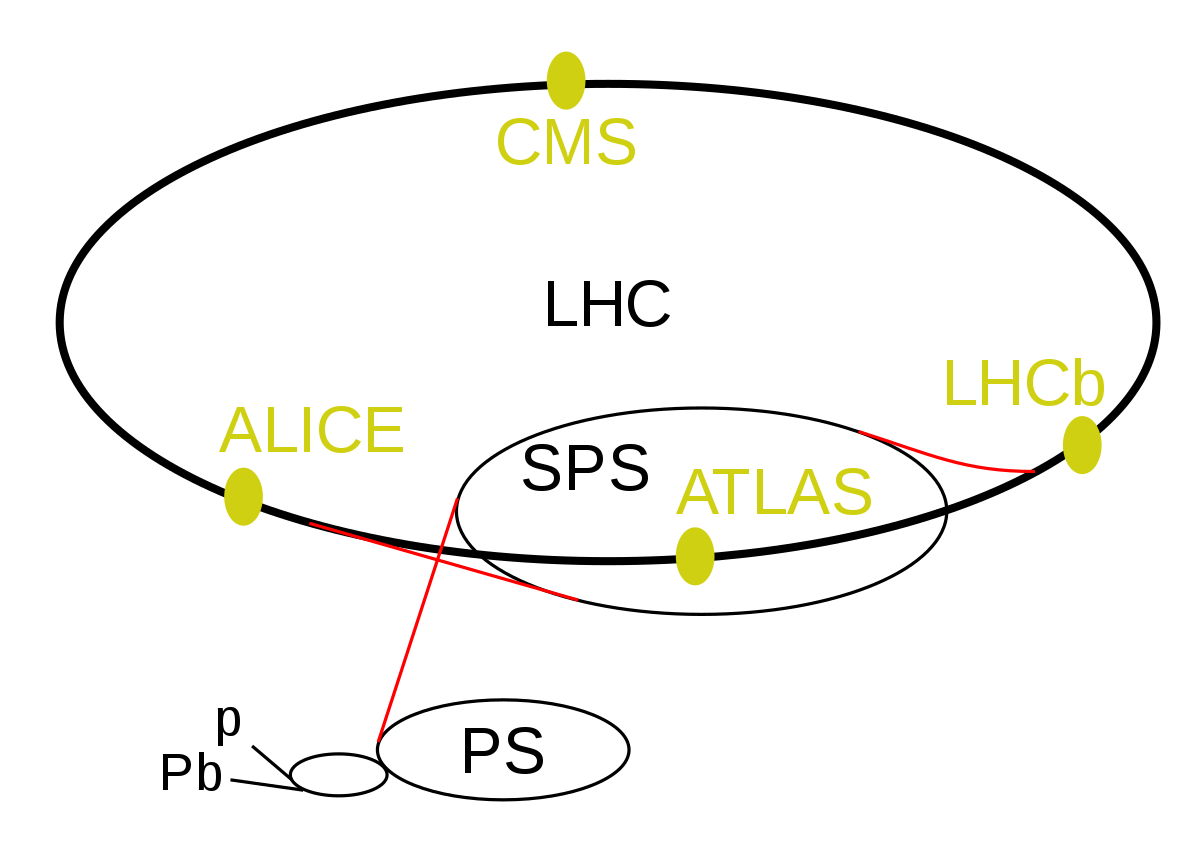OTOH, plenty of studies have shown positive correlation between social media use and depression, excessive anxiety or both. Now correlation doesn't imply causation, but the fact that mental ill health among adolescents appears to have started to rise just at the moment when most of us (including most teens and even many pre-teens) started carrying around an internet-capable device in our pockets 24/7 is highly suggestive.
So, in sense, 4G/5G probably is partly responsible here, since it enables us to check up on our Likes whenever we are, not just when we're tethered to a WiFi service.


